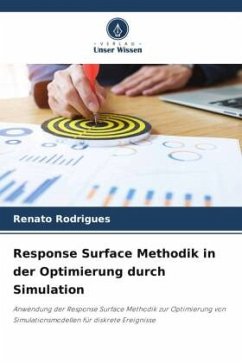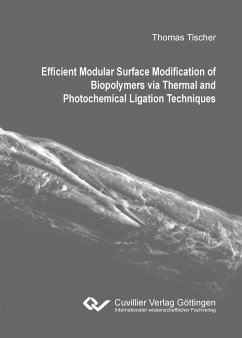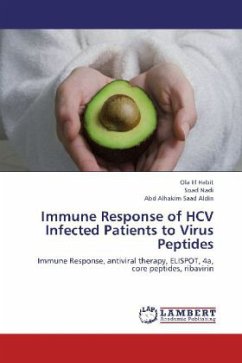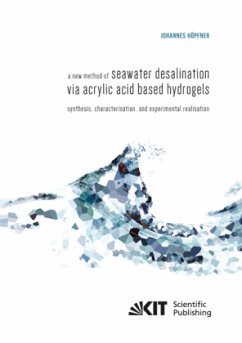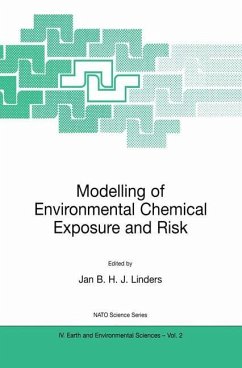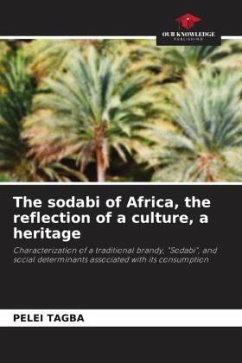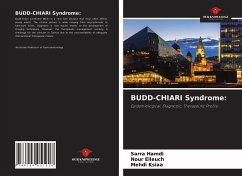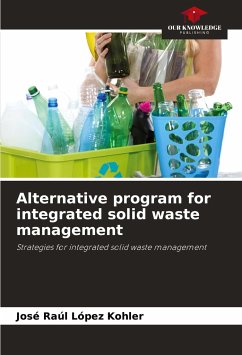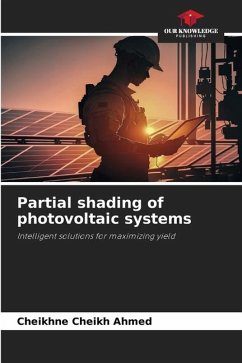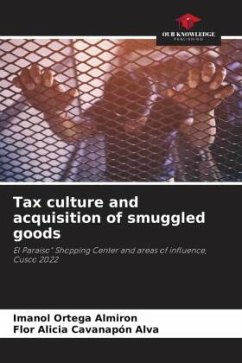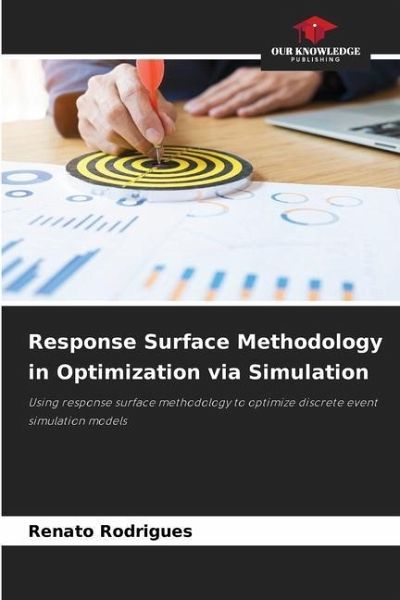
Response Surface Methodology in Optimization via Simulation
Using response surface methodology to optimize discrete event simulation models
Versandkostenfrei!
Versandfertig in 6-10 Tagen
45,99 €
inkl. MwSt.

PAYBACK Punkte
23 °P sammeln!
Simulation models are often applied to the optimization of complex problems that cannot be solved by analytical or mathematical methods. This paper seeks to analyze the application of Response Surface Methodology (RSM) as an organized and efficient way to pursue optimization in Discrete Event Simulation (DSS). It is categorized as a quantitative research using statistical tools and the experimentation research method, following a normative empirical model. The results found are represented by means of the values of each input variable of the Design of Experiments (DOE) obtained at the optimal ...
Simulation models are often applied to the optimization of complex problems that cannot be solved by analytical or mathematical methods. This paper seeks to analyze the application of Response Surface Methodology (RSM) as an organized and efficient way to pursue optimization in Discrete Event Simulation (DSS). It is categorized as a quantitative research using statistical tools and the experimentation research method, following a normative empirical model. The results found are represented by means of the values of each input variable of the Design of Experiments (DOE) obtained at the optimal point. After that, a comparison is made with the optimization results used here with those of a market software, in which the effectiveness of the optimization model adopted in four study objects was verified. Furthermore, the optimal point was reached with a reduction of about 80% in the number of experiments, in addition to the sensitivity analyses generated by the MSR.



